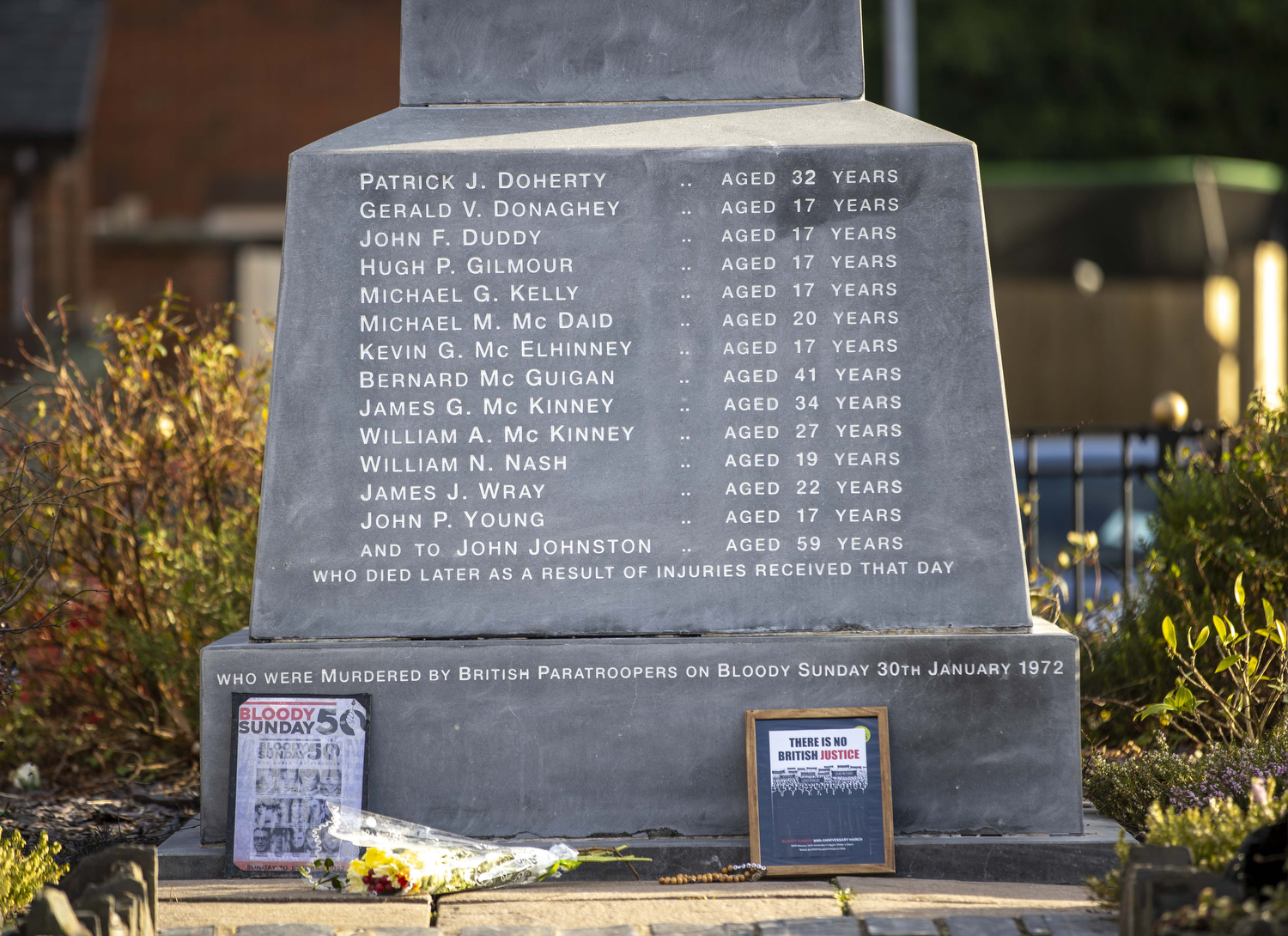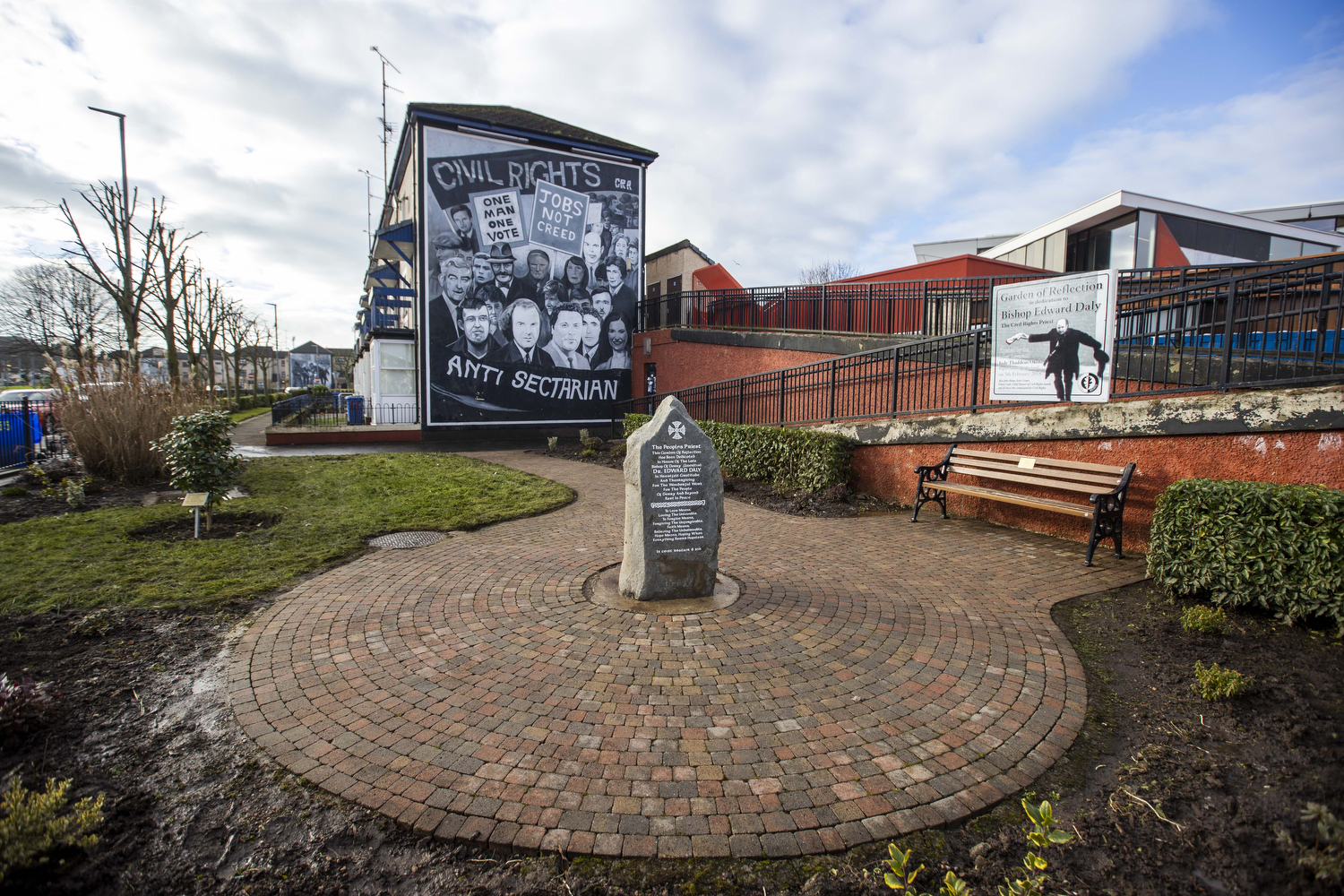
A much-awaited report on booze-soaked parties attended by top U.K. officials — including Prime Minister Boris Johnson — in violation of COVID rules was finally released today by senior civil servant Sue Gray. It marks the worst crisis of Boris Johnson’s premiership.
For 17 of the last 22 months, the U.K. has been in one form or another of COVID lockdown, as the government has tried to negotiate between two instincts. On the one hand, there has been a medical consensus that all should be done to keep fatalities to a minimum. Schools, workplaces and even Parliament closed. Even with those restrictions, a staggering 155,000 people have died in the U.K.: twice as many civilians as in World War II.
On the other hand, the government contains its fair share of COVID skeptics, not least Prime Minister Johnson himself, who let it be known early in the pandemic that he was taking his lessons from Larry Vaughn, the fictional Mayor in Jaws, who keeps the town’s beaches open in defiance of the shark threat. People are still dying of COVID at the rate of over 2,000 per week, and yet the government is lifting restrictions, repealing laws requiring people to use masks on public transport and in shops.
When a crisis strikes a democracy, it is the leader who must announce the rules. For two years, U.K. residents have all been reduced to spectators while Johnson fills our screens informing us of the latest intensification or relaxation of the lockdown. When the deaths were at the worst in spring 2020, our prime minister told us that staying at home would “squash the sombrero” of infections. When the rules eased, that summer, he was back on our screens saying that the old regime had been the greatest restriction on our liberty in “peace or war.”
Over the last month, an increasing number of stories have reported to the effect that, even when the country was in the depths of lockdown and all forms of social contact were prohibited, Johnson and his closest advisers in 10 Downing Street were spending the evenings partying in breach of their own rules. Details of some 15 of these parties have been leaked, with each of them following the same cycle of denial and grudging admission.
At first, ministers denied that anything took place at all. Then, they denied that officials were present. Then they denied that the prime minister had been involved. In the last week, we have ended up with Conservative members of parliament saying, after the prime minister had been seen partying with officials, family members and friends, that he must have been “ambushed” with a birthday cake.
The effect of these revelations has been to reduce the Prime Minister’s approval ratings, which have collapsed.
Until November 2021, Boris Johnson seemed nearly invulnerable. At the moment he became leader of the Conservative Party in summer 2019, that party was languishing in the opinion polls. When Johnson took over, it immediately began to rise. By the time of the general election in December 2019, his party had an 11-point lead over Labour in second, giving the Conservatives their first election landslide since Margaret Thatcher in 1987.
The key to Johnson’s success has been the perception that he is unlike other politicians. In 1998, he was invited on to the BBC satire show “Have I Got News For You.” Teased there about some of the worst scandals of his early career, the panelists then cooled their attacks, treating Johnson as a fellow humorist. From that point onwards, Johnson has been treated as a clown, beyond the sphere of mere politics.
The figure of the clown is an enduring type, although there have been more of them in recent years — Silvio Berlusconi, Donald Trump, Jair Bolsonaro. What such figures have in common is that they tell their followers that everyone in politics lies, and that even they themselves lie. Thus, in admitting that truth, they make themselves the only “honest” people in the room.
For that reason, previous scandals surrounding Johnson have done nothing to diminish his popularity. As recently as November, the Conservatives were still ahead in the polls, as they had been each month since Johnson was elected leader. It is only since December that Labour has moved ahead — but now, 52 opinion polls put Labour ahead, and some of them by as much as 10 points.
Populist leaders, it seems, are allowed lose anything — except for their popularity. Lose that, and their party is looking for a new leader. And this is especially true of Johnson’s party.
British politics are different from American politics. We do not directly elect our prime ministers, who instead emerge from within parliament. You might expect it to follow that any leader gets a chance to test his or her popularity in a general election. However, the Conservative Party has a long track record of removing leaders before they suffer a defeat. Of the last five Conservative prime ministers, only one resigned following a general election setback. All the others (Edward Heath, Margaret Thatcher, David Cameron, and Theresa May) were forced to leave after their own MPs refused to back them.
It is worth pausing a moment and asking why this particular issue, the breaking of his own COVID rules, has caused Boris Johnson such difficulty. It is not that public opinion objects in principle to leaders partying. Johnson has been part of our media culture for 20 years: We have seen him drunk with university friends, waving dead pheasants and dangling from an Olympic zipwire. Johnson’s party setting used to be part of his charm.
The answer is that COVID has polarized society, with only a small and shrinking minority believing that the government has chosen the right path most of the time. One very large group of voters believes that we should be doing much more, even now, to prevent the disease’s spread — that schools should send the sick home, and masks should be compulsory. Another large group of voters believes the opposite — that COVID has been exaggerated, that the deaths have been restricted to those who were always going to die.
It is the loss of second group which has been most devastating to Johnson. It became visible last month, when crowds gathered to watch the world darts championship, and chants broke out: “Stand Up If You Hate Boris.”
There is every possibility that Johnson will find some way out of his immediate crisis, and that he will survive (as he so often has before). But should this crisis bring him down, a battle of interpretation will surely follow, with each group of Johnson’s critics struggling to show why he could no longer rule. On the left, we will try to show that Johnson’s arrogance was not a mere personal failing but a fault of the institutions in which he has thrived — our private schools, the right-wing press for which he wrote and writes. Johnson had to be removed from office, we will argue, because of his blatant obstruction of health measures and contribution to catastrophe.
On the right, however, a different argument is already being made. That argument states that, as little as Johnson did to avert COVID, he was not Bolsonaro, he was not exactly Trump. His crime was that he did too much.
The debate over what Boris Johnson did wrong brings together the culture wars of the last decade and a controversy as to how best to use the state. It has already started. Whether Johnson survives or not, it is likely to shape British politics — and politics in many parts of the world — for many years to come.
This post was originally published on Latest – Truthout.






 (@EdwardJDavey)
(@EdwardJDavey)  Sky 501, Virgin 602, Freeview 233 and YouTube
Sky 501, Virgin 602, Freeview 233 and YouTube 














